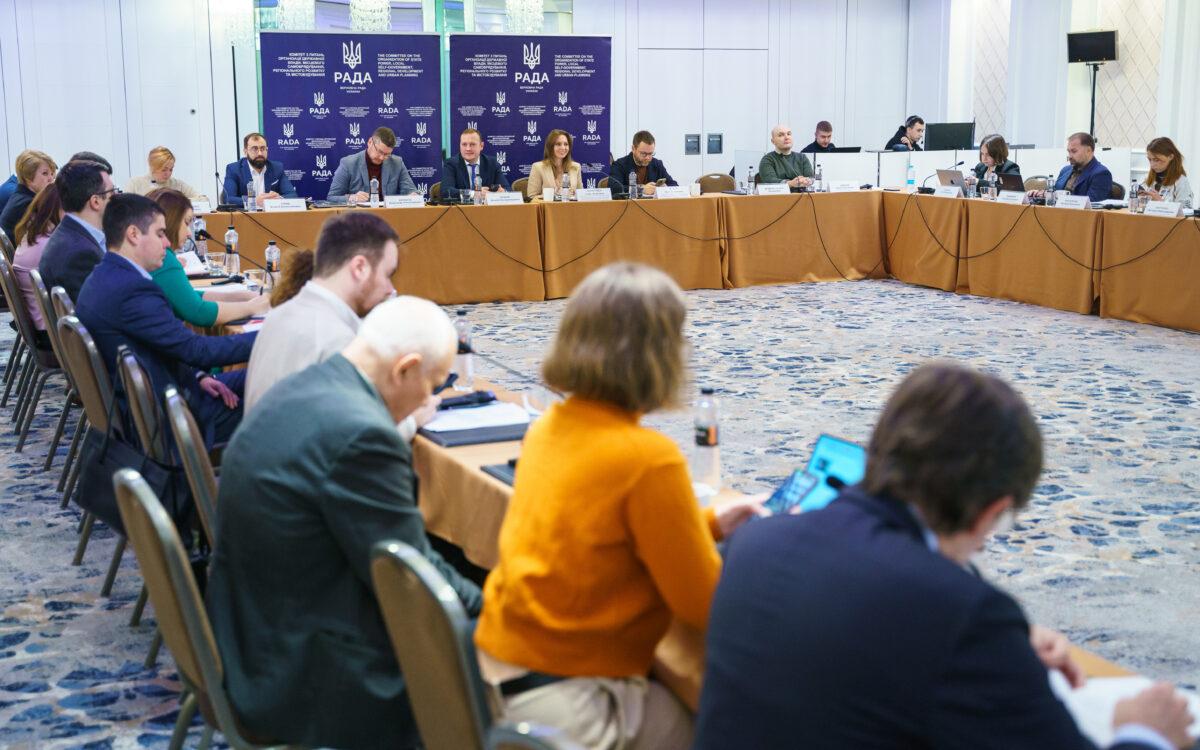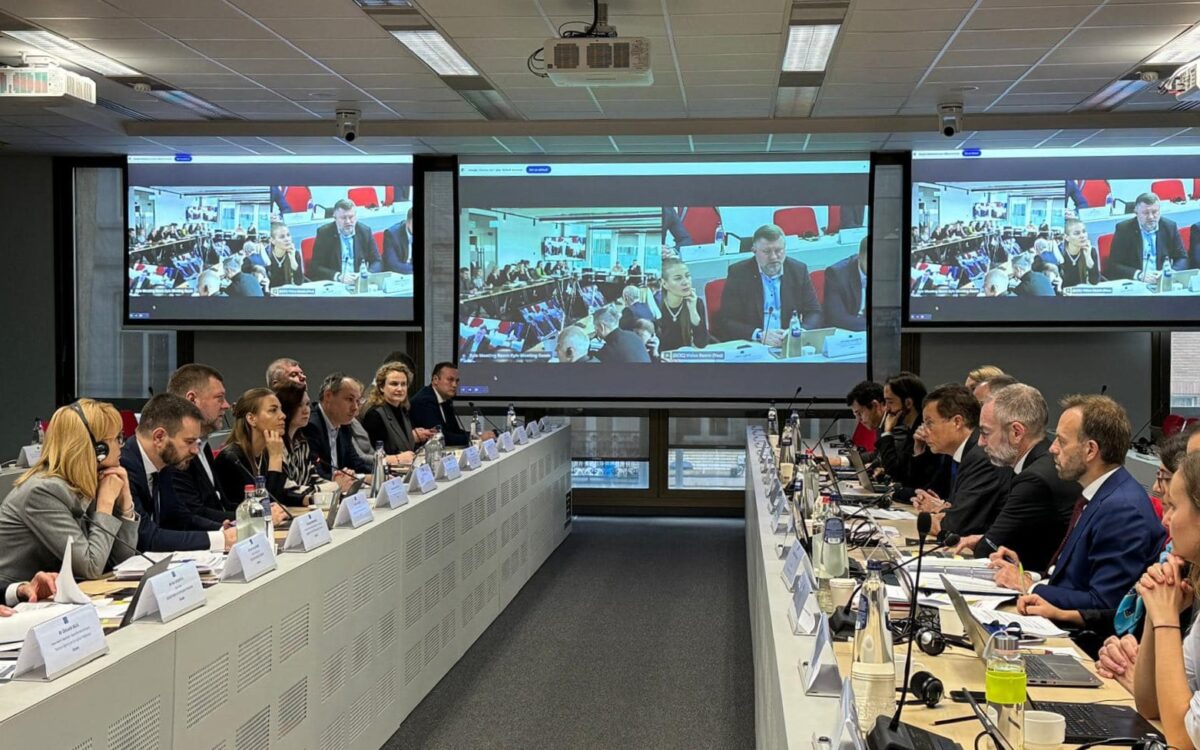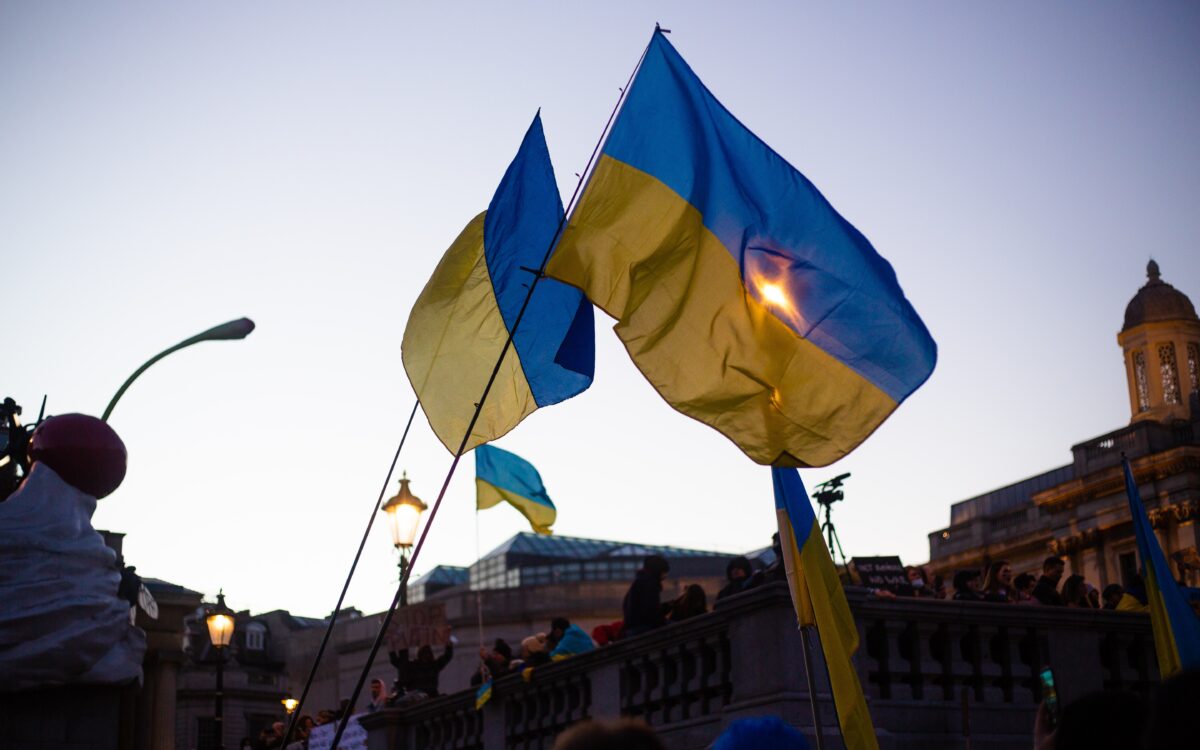
Democracy and Elections Digest #207 (June 15 – 28, 2024)
01.07.2024
Ukraine’s Government Promotes Youth Engagement through Internship Opportunities
18.07.2024The Internet and social media have fundamentally changed the nature of electoral campaigns, as noted in the Venice Commission’s 2020 Report on Electoral Law and Administration. Digitalization and globalization blur the line between domestic and foreign influence and open up opportunities for illicit financing of political parties. These processes distort real social sentiments, discredit electoral administration, and ultimately become part of hybrid warfare, threatening the national security of a targeted state.
To address these challenges, IFES, together with the Central Election Commission (CEC) of Moldova, the International IDEA, the Office for Democratic Institutions and Human Rights of the Organization for Security and Cooperation in Europe (OSCE/ODIHR), the Council of Europe, National Democratic Institute (NDI), International Republican Institute (IRI), and the Westminster Foundation for Democracy (WFD), co-organized a regional conference titled “Money in Politics in the Era of Globalization and Digitalization” on July 2-3 in Chisinau, Moldova.
The event provided a platform for sharing recent observations and experiences among political finance regulators, political parties, and civil society watchdogs from Ukraine, Georgia, Moldova, Armenia, Lithuania, Poland, and other countries. Representatives of the NACP, the CEC, the Civil Network OPORA, and the CHESNO Civic Movement, reflected on what can be done to preserve the democratic process and a fair and transparent election campaign in light of recent trends in party financing.
Olha Snopok, an analyst of social media platforms from the Civil Network OPORA, highlighted the critical role of social media in Ukrainian politics and examined the readiness of social media platforms to disclose information about the origin of funds during the election cycle.
“Civil society organizations and state institutions from countries outside the EU cannot provide sustainable and effective monitoring of public finances and disinformation campaigns during the election period, as it is more complicated for non-EU Eastern European countries to pursue their interests in front of big tech companies,” stated Ms. Snopok.
Viktoriia Maksymova, a leading analyst from the CHESNO Civic Movement, went on to note that “Social media is a valuable source of information not only for analyzing political ads but also when the party reports zero income and expenses, it is useful for detecting its actual activities.” She also mentioned CHESNO’s collaboration with the NACP on social media monitoring, the use of POLITDATA as an official party reporting tool, and the “Gold of the Parties” online platform for civil monitoring of party finance.
As a result of the discussion, the conference participants identified key goals and obstacles in their work to develop a set of recommendations for improving cooperation between political finance stakeholders. They emphasized the importance of maintaining transparent communication with political parties and civil society and encouraging online platforms to harmonize political advertisement transparency policies across different countries.






